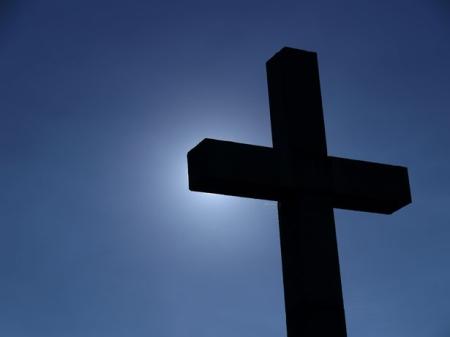 SkyCaramba astronomy blog for the week ending April 23, 2011
SkyCaramba astronomy blog for the week ending April 23, 2011
The March equinox was less than a month ago and there’s a full moon this week. So next Sunday will be Easter. For almost 1,300 years, Christian churches have determined Easter to be the first Sunday after the first full moon on or after the vernal equinox. That sprouted from a Jewish tradition for determining Passover’s timing. In this reckoning, the equinox is always on March 21 and the date of a full moon is always 14 days into a lunar month. The vernal equinox is the March equinox in this definition because the formula has a northern hemisphere bias.
So, the earliest Easter can occur is March 22. March 21 would be on a Saturday. A full moon would be on the same day. That sets up the very next day to be Easter. The last Easter to be so early was in 1818. The next will be in 2285.
The latest Easters are on April 25. The last time was in 1943 and the next time will be in 2038. In those cases, March 21 is a Sunday with a full moon. The next full moon is on Sunday, April 18 or Monday, April 19. The following Sunday is April 25.
You could live your whole life without experiencing Easter at either extreme.
Be careful. If you look up the exact dates and times of the March equinox and the following full moon, you won’t always mark the right Sunday for Easter. The best astronomers of A.D. 725 came up with slightly less accurate calculations than those used by astronomers today. But the churches that use the old method are eager to keep their tradition.
Not all Christians observe Easter at the same time. The explanation above covers those who don’t call themselves orthodox. The orthodox believers use the old Julian calendar. That’s the calendar that was so far out of sync with the seasons, the Catholic Pope Gregory XIII snipped 10 days from the year 1582. As the equinox crept earlier, it took Easter with it. The new Gregorian calendar eliminated three leap years from every four centuries to keep the equinox around March 21.
March 21 in the Gregorian calendar is now March 8 in the Julian system. However, orthodox churches still use March 21 as their starting point. That corresponds to April 3 in the Gregorian system. The result is an orthodox Easter that can be on the same day as the western Easter or as much as five weeks later!
To some critics, the way Easter is scheduled seems pagan or superstitious. There have been calls for another rule, say, the second Sunday in April. But traditions aren’t dismissed easily. Orthodox observers stick to their Easter. Almost no Protestants have replaced the Catholic formula. However, a few relatively new Christian denominations have replaced Easter and a few very old ones never observed it in the first place. They mark the Passover, a very old tradition indeed.
I wanted to thank you for this great read!! I definitely enjoying every little bit of it I have you bookmarked to check out new stuff you post
What a great web log. I spend hours on the net reading blogs, about tons of various subjects. I have to first of all give praise to whoever created your theme and second of all to you for writing what i can only describe as an fabulous article. I honestly believe there is a skill to writing articles that only very few posses and honestly you got it. The combining of demonstrative and upper-class content is by all odds super rare with the astronomic amount of blogs on the cyberspace.
Thank you. I have loved astronomy for years. I hope I can tell stories about it and spread the interest.